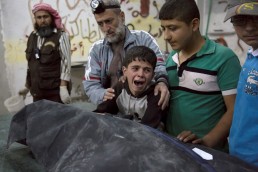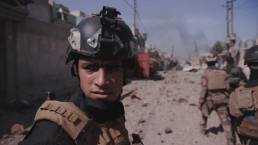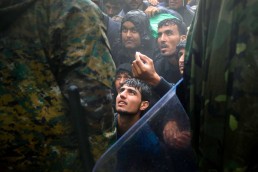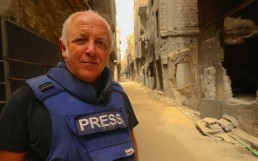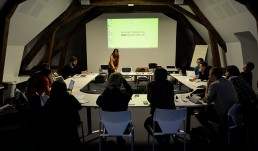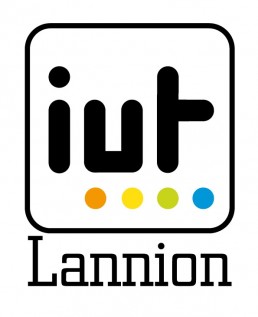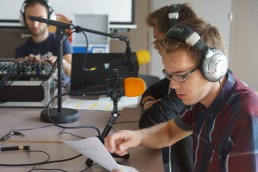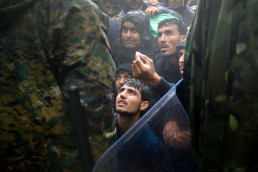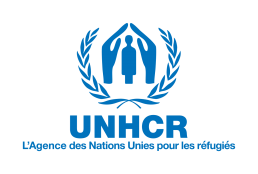4 Syrian photographers in Bayeux
OCTOBER 2nd TO 29th
Multimedia exhibition from the AFP on Syria
A first ever exhibition of the AFP's Syrian photographers
Meet the Syrians photographers on saturday 7 october at 4 pm in the exhibition
A previously unseen exhibition focusing on the work of the AFP’s Syrian photographers.
Four Syrian photographers will be in Bayeux to share their accounts: Karam Al-Masri, Zakaria Abdelkafi, Baraa Al-Halabi et Ameer Alhalbi.
❱ They did not only witness things that no person should have to witness. They have faithfully recorded unbearable human pain and suffering for the history books. Again and again and again. They have done so in words, photos and video. They have done so despite their own pain.
For they were not impassioned observers of events happening in a foreign land. They were bearing witness to their country and home falling apart. They were bearing witnesss to the pain and suffering of their friends, their relatives, their neighbors. Time and time again pointed their eyes and lenses on mangled bodies, bloodied children, wailing mothers and they recorded the events. When you ask them why, their replies are nearly universal – so the world would know.
Some of the journalists who have produced the harrowing images that AFP has brought the world from Syria over the past five years are among you at this exhibition. They have managed to get out of their tortured homeland and are rebuilding their lives in Europe. But some are still there, recording the war that seems to have no end in sight.
The exhibition is made up of some 40 photographs taken over the past year.
Videos and slideshows will be shown on the big screens and you can read the multimedia blogs by the contributors on the computer tablets provided.
European premiere "Mosul"
THURSDAY OCTOBER 5th
Screening and debate "Mosul"
Directed by Olivier Sarbil.
This feature-length documentary follows a group of young special forces soldiers on the very frontline of Iraq’s most brutal battle to destroy ISIS’ last stronghold. Over the course of six months of filming inside Mosul, French cinematographer Olivier Sarbil records a viscerally intimate portrait of war.
The documentary will be followed by an exchange animated by Loïck Berrou with Olivier Sarbil, Gwendoline Debono and Laurent Van der Stockt.
Filmed and Directed by Olivier Sarbil
Producer: James Jones
Editor: Ella Newton
Music: Massive Attack
Production Manager: Pip Lacey
Senior Producer: Dan Edge
Managing Editor for FRONTLINE PBS: Andrew Metz
Executive Producer for FRONTLINE PBS: Raney Aronson-Rath
A FRONTLINE production in association with Mongoose Pictures
Program of the 24th edition
A week of meetings on international news
During the week, international news will be the focus of a wide range of events in Bayeux: unusual exhibitions, discussion evenings, film projections, book fair, events for schools, etc., giving the public a chance to meet journalists and foreign correspondents whose daily task is to report on the world’s troubles.
Jeremy Bowen, President of the jury
For the last 30 years, Jeremy Bowen has covered every major event on the planet for the BBC. From the war in El Salvador to the Romanian revolution, Afghanistan, Iraq, Lebanon, South Africa, the Israeli-Palestinian conflict, the Arab revolutions, the war in Syria… Jeremy Bowen has been everywhere. He has received many awards, as both a television and radio journalist, including three Bayeux-Calvados Awards.
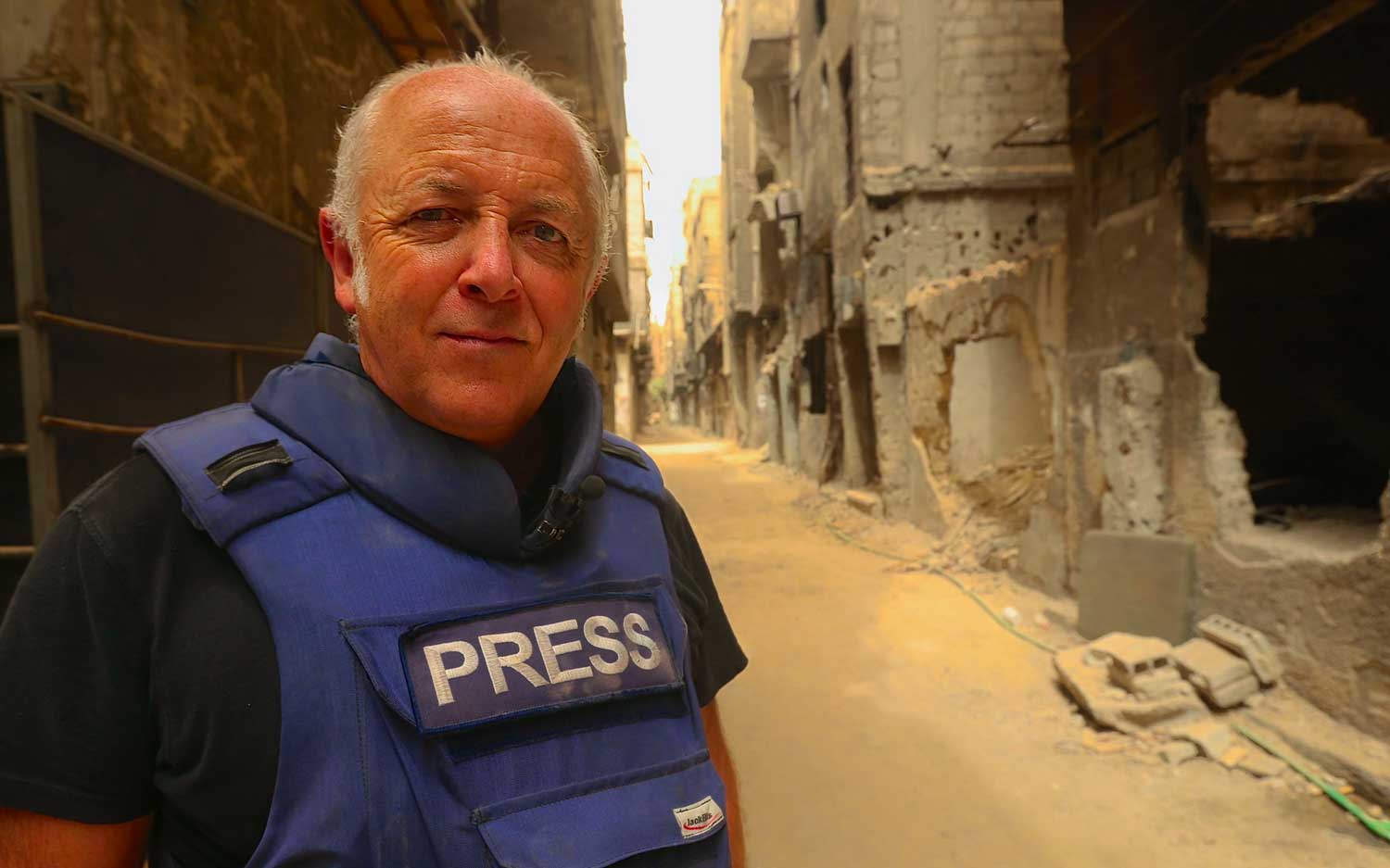
Born in 1960 in Wales, Jeremy Bowen joined the BBC in 1984 and has spent a large part of his career as a war correspondent, beginning in El Salvador in 1989. He has produced reports from more than 70 different countries (including the Romanian revolution, the Tiananmen Square demonstrations, Afghanistan, Iraq, Lebanon, South Africa, Israel and Palestine, Rwanda, Algeria, Chechnya, Yugoslavia, 11 September 2001 and Yemen) He covered the conflicts of the Bosnia-Herzegovina civil war and in Kosovo in 1999. He was the BBC's Middle East correspondent, based in Jerusalem, from 1995 to 2000, and has been the BBC's Middle East Editor since 2005. In February 2011 he was the first British journalist to interview Muammar Gaddafi at the start of the civil war in Libya. He has been covering the war in Syria for the past six years and is currently covering the battle for Mosul.
« It is a great honour to be this year's President of the Bayeux jury. The Bayeux war reporting prize has a brilliant reputation, and I've been proud to have been a winner in the past. Bayeux's history makes it the perfect place to be able to discuss -- and celebrate -- the best journalism from the most demanding parts of the world.
Good journalism, in all different media, has never been more necessary. All the players in modern conflicts want to control the media battlefield. It is our job to shine a light into the world's darkest corners, to do the best we can to find the truth and report it.
Plenty of bad people want to stop that happening, which is why it's a dangerous time to be in the news business. The welcome offered by the people of Bayeux at this unique festival offers a moment of peace to think about what we do -- and to work out how we can do better.» Jeremy Bowen
Awards
Royal Television Society 1995 (death of Rabin), Monte Carlo TV Festival (siege of Mostar)
New York TV Festival (siege of Mostar), Sony Gold Award (arrest of Saddam Hussein)
Sian Phllips Bafta Cymru award for significant contribution to international feature filmmaking or network television.
Emmy for Syria coverage, Peabody award for Syria coverage
Royal Television Society TV journalist of the year
Royal Television Society specialist journalist of the year
Royal Television Society interview of the year (for an interview with Bashar al Assad)
3 Bayeux awards (Gaza, Syria and Yemen)
James Cameron Award, Charles Wheeler Award
Was also part of the BBC teams that won: Bafta (Kosovo), International Emmy (2006)
Books :
Six Days: How the 1967 War shaped the Middle East (Simon and Schuster 2003)
War Stories (Simon and Schuster 2005)
The Arab Uprisings: the people want the fall of the regime (Simon and Schuster 2012)
Workshop Nikon – NOOR
Nikon will once again organize a workshop for talented young photojournalists in the framework of the Bayeux-Calvados Award for War Correspondents, as it has done each year since 2013. This year, Pep Bonet and Kadir van Lohuizen, founder members of the NOOR agency, will come to share their experience of producing multimedia reports.

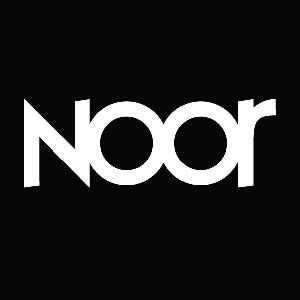
2017 is a special year both for Nikon, which is celebrating its centenary, and for the NOOR agency, supported by Nikon since 2009, which is celebrating its 10th birthday.
IUT LANNION

This year, 27 second year Journalism students from the Lannion Technology University will be attending the Bayeux-Calvados Award for War Correspondents. They will be producing work in different media (sound, video, text, photography and computer graphics) while dealing with the kinds of challenges faced by professional journalists in the specific context of a country at war – including difficult terrain, the geopolitical context, combat and relationships with sources.
Follow them at: http://prixbayeux2017.iut-lannion.fr/
RADIO ARGOUGES
For its third year on air, Radio Argouges is expanding and will welcome new reporters from the Mutual Assistance Group, the Children and Young People’s Municipal Council and the Jeanne d’Arc High School.
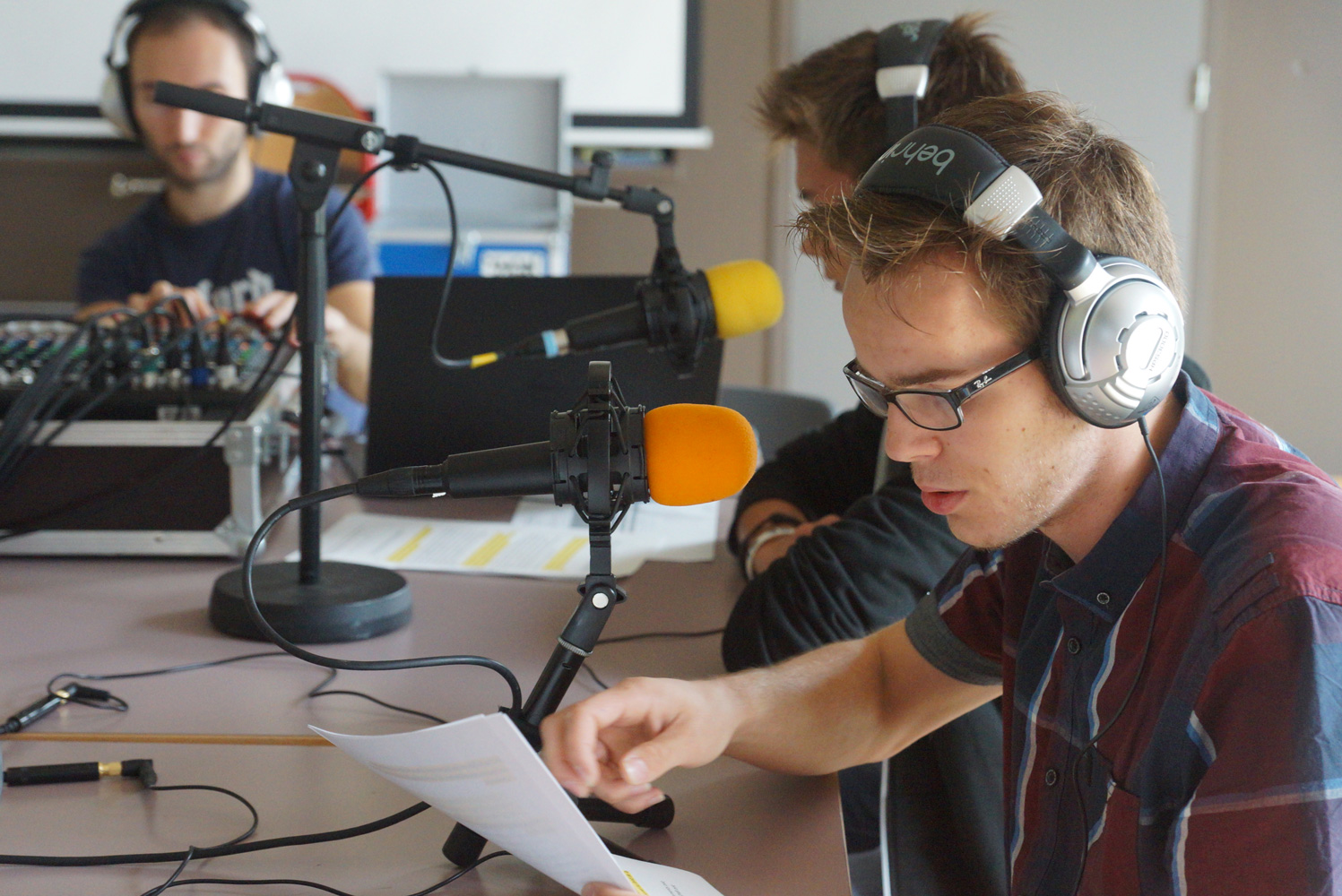
Throughout the week, the Radio Argouges group will present programmes connected with the Bayeux-Calvados Award for War Correspondents programme and the highlights of the week in Bayeux. Tune in to 107.5 FM or zonesdondes.org from Wednesday 4 to Saturday 7 October from 11am to 12 noon and from 2pm until 5pm. This year the programmes will also be broadcast on Radio Tou’Caen métropole Normandie, 91.9 FM, and on radio-toucaen.fr.
2017 visual
The 2017 visual is a photo from the 2016 winning report. This photograph taken by Yannis Behrakis from Reuters agency, was part of his report shot in Grece between june and october 2015.
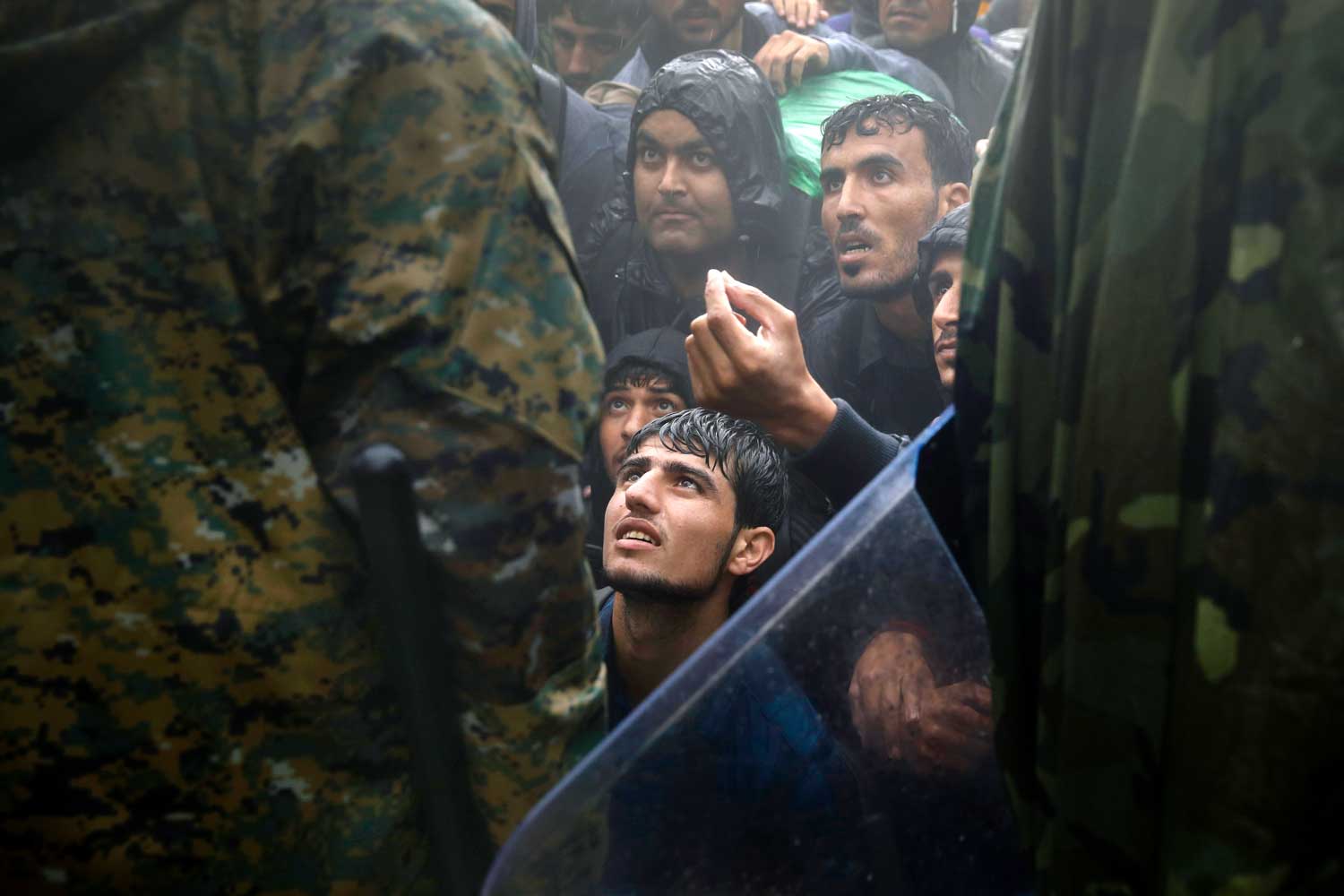
Migrants and refugees beg FYRO Macedonian policemen to allow passage to cross the border from Greece into FYROM during a rainstorm, near the Greek village of Idomeni. Thousands of panicking refugees and migrants waited to cross, Idomeni, September 10, 2015.
Yannis Behrakis
Yannis Behrakis was born in 1960 in Athens, Greece. He studied photography at the Athens School of Arts and Technology and graduated from the Middlesex University (UK). He has been working as photojournalist for Reuters since 1987.
Over the last 25 years, he covered major breaking news and political stories in Africa, Europe, Middle East and Asia. He photographed major moments in history including the funeral of Ayatollah Khomeini in Iran, the changes in Eastern Europe and the Balkans, the civil conflicts in Croatia, Bosnia and Kosovo, the wars in Chechnya, Sierra Leone, Somalia, Afghanistan, Lebanon, the Gulf Wars and the Arab Spring. In 2008 he moved to Jerusalem as chief photographer for Israel and the Palestinian Territories and returned to Greece in 2010 where he is now covering extensively both the financial and the migrant crises.
Behrakis has been awarded with some of the industry’s most prestigious awards throughout his career including World Press, Overseas Press Club and Prix Bayeux-Calvados… In 2016 he led the Reuters team to win the Pulitzer Prize for Breaking News Photography for their work covering refugees and migrants arriving in Europe.
The United Nations High Commission for Refugees (UNHCR) will be a partner of the 24th edition
Established in 1951 in the aftermath of the Second World War, the United Nations High Commission for Refugees (HCR) is a United Nations body whose mission is to protect, help and find solutions for refugees, internally displaced people and stateless persons. The HCR has more than 10,700 employees spread across 128 countries.

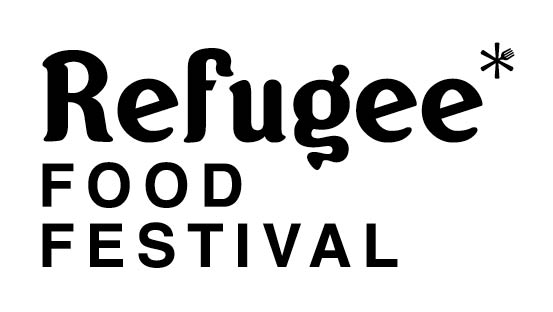 Since its creation, the HCR has helped more than 50 million refugees to begin a new life.
Since its creation, the HCR has helped more than 50 million refugees to begin a new life.
Conflicts and persecution have led to a sharp increase in forced displacements throughout the world, and in 2015 they reached the highest level ever recorded. 65.3 million people had been uprooted at the end of 2015, compared with 38 million ten years earlier.
In addition to its humanitarian aid programmes, the HCR advocates and works to facilitate the integration of those people seeking international protection into the countries taking them in. Language teaching and ensuring their qualifications and diplomas are recognised, together with other forms of support, help them to integrate into the economic, social and cultural life of the host country. Studies published by the OECD arnd the IMF on this subject show very clearly that refugees do contribute to the economy of a country provided they are given the opportunity to work and to become integrated.
In France, the authorities have given the HCR arole in the asylum process, both as an adviser to the French authorities and with the right to scrutinise the asylum policies that areput in place. The HCR also promotes the reception and integration of refugees into French society in partnership with a variety of organisations and associations. The HCR thus encourages any initiatives developed by citizens to support refugees, and the Refugee Food Festival emerged as part of this spirit of solidarity. Created as part of World Refugees Day in 2016, it helps to encourage the integration of refugees by celebrating their talents and through the resulting encounters and sharing of cultures.
Since then, the Refugee Food Festival concept has developed, festivals have been held in several French and European towns and cities, and the initiative will be featured in the restaurants of Bayeux. As journalists are associated with the HCR on a day-to-day basis, the organisation has decided to join the Bayeux-Calvados Award for War Correspondents as a partner for the 2017 edition. Its participation will include visits to several schools in order to explain its mission and to organise discussions with school students.
Developments in the “15-Year Olds’ Perspective” (Regard des jeunes de 15 ans) scheme.

17th of July, 2016 - Nice, France – People pay tribute to 85 dead and more than 400 wounded victims of the July 14th attack on the 'Promenade des Anglais'.
Valéry HACHE / AFP
Gaze into the mind of 15 year olds: national measures dedicated to secondary school students
Among a collection of photographs carefully chosen by the AFP (Agence France-Presse), each depicting currents affairs over the last 12 months, students vote/are voting for the picture that comes closer to representing our world today. This activity takes place within the schools, at the beginning of the school year. Thanks to an online platform created by Nikon, secondary school students from all over the country can vote online, giving to this project a true perspective!
New this year is a day of exchanges with AFP based on the photos selected for the competition. Three discussion sessions will be organised on Tuesday 3 October with secondary school students who have taken part in the vote. The aim is to foster a real discussion with AFP about the profession of photojournalism and the analysis of images.
The results of the votes by all the secondary school students will be announced during the course of this day.
Nikon’s centenary

Nikon will once again organise a workshop for talented young photojournalists in the framework of the Bayeux-Calvados Award for War Correspondents, as it has done each year since 2013. This year, Pep Bonet and Kadir van Lohuizen, founder members of the NOOR agency, will come to share their experience of producing multimedia reports.
2017 is a special year both for Nikon, which is celebrating its centenary, and for the NOOR agency, supported by Nikon since 2009, which is celebrating its 10th birthday. NOOR and Nikon have shared a common vision since the beginning of their association, which is reflected by the work of the NOOR Foundation: working together to promote ethical, humanist photojournalism through group projects produced by NOOR photographers, and at the same time helping talented emerging photojournalists to develop their skills. This is achieved by sharing professional best practices and enabling thm to benefit from the experience of photographers who are internationally recognised for their talent and commitment.
The Bayeux-Calvados Award, NOOR and Nikon are preparing more surprises and exclusive activities to celebrate these two anniversaries, which will be announced in due course. Stay tuned !
The Bayeux-Calvados Award receives active support from the Normandy Region
The Normandy Region, land of freedom, is delighted to join the town of Bayeux and the Calvados Department Council in supporting the 23rd edition of the Bayeux-Calvados Award which pays tribute to war journalism each year.
 The fact that it takes place in Bayeux, the first town in France to be liberated from Nazism during the D-Day landings in 1944, gives special meaning to the event.
The fact that it takes place in Bayeux, the first town in France to be liberated from Nazism during the D-Day landings in 1944, gives special meaning to the event.
Out of this historic period, still an important part of our collective memory, Normandy has developed values which it is important to pass on, especially to the younger generation, and this is why the Region specifically supports the educational focus of the event.
Thanks to the Normandy Region Award selected by high school students of the Normandy region, the special Bayeux Award classes and visits by journalists to local high schools which are organised in the framework of the event, hundreds of young people from the five Departments of Normandy are able to participate in the event and bring the idea of freedom to life.
The promotion of our values is also reflected by a major event on the theme of peace, being organised at the behest of the Normandy Region. In 2018, after a preliminary edition this year, an international forum entitled “Normandy for Peace” will bring ordinary citizens and prominent figures together, in parallel with the D-Day commemorations, to debate and examine the nature of peaceful values and to define together what actions need to be taken to strengthen and protect them.
Hervé Morin, Président de la Région Normandie.
[Audio] The African Great Lakes
In the wake of the Rwandan genocide, the turmoil which shakes the Great Lakes region of Africa involves 9 countries.
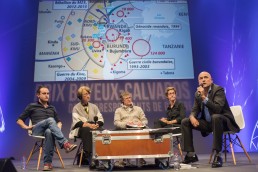
This war that has been going on for over 18 years is the result of various factors: the weakness of the Congo State, the Army of Rwanda, old colonial frontiers, poverty lead by ethnic tensions, natural resources, overpopulation of the Great Lake region, the militarization of the informal economy, the world’s demand for natural resources, the instability in Burundi and the helplessness of the United Nation.
The toll is heavy: in twenty year, 6 million people are dead, some 4 millions have fled their countries, refugee camps are saturated and hundreds of thousands are now impoverished. The populations do not succumb to the bombs. They die of diseases and hunger. Rapes and destruction of social fabrics have become the new weapons of war.
Violence is now monetized.
How do we explain the mutism of the international community? How come a toll of 6 million dead does not cause a collective outrage? How come current affairs deliberately omit this tragedy that is happening right under our noses when international correspondent relentlessly work to shed the light on this catastrophe?
Followed by a reception prepared and animated by Eric Valmir (France Inter), Jean-Philippe Rémy (Le Monde) and Justine Brabant..
Crédit photo : Matej Leskovsek
[Audio] Jim: The James Foley Story
On Thanksgiving Day 2012, American photojournalist James "Jim" Foley was kidnapped in Syria, two years before the infamous video of his public execution introduced much of the world to ISIS.
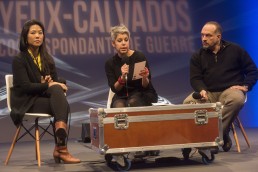
JIM: THE JAMES FOLEY STORY, directed by close childhood friend Brian Oakes, tells the story of Jim’s life through intimate interviews with his family, friends and fellow journalists – while former hostages reveal never-before-heard details of his captivity with a chilling intimacy that reveals their courageous untold story of perseverance.
Made with unparalleled access (including footage Foley shot himself), and using carefully rendered recreations, Oakes takes viewers deep into the darkness and valor of Jim’s captivity. What emerges is a powerful chronicle of bravery, compassion and pain at the dawn of America’s war with ISIS.
With Nicole Tung and Didier Francois
Credit photo : Matej Leskovsek
[Audio] Le Siège
2016 Fipa d’Or award winning documentary takes you deep into the daily life of sarajevan populations. A tale of horrors mixed with the urgency to live.
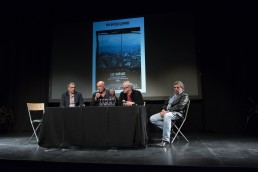
Sarajevo lived through the longest siege in modern history. “The Siege” is a film about those who lived through it, about the human experience of the besieged. Through Sarajevo to beyond, it is the story of a surrounded city, of a battle and resistance. It is also the universal story of civilization facing the worst ordeal of its existence, and the struggle for its survival. Sarajevo resisted and survived. “The Siege” describes a vertiginous descent into war.
Documentary written by Rémy Ourdan.
Directed by Rémy Ourdan and Patrick Chauvel.
Credit photo : Matej Leskovsek

